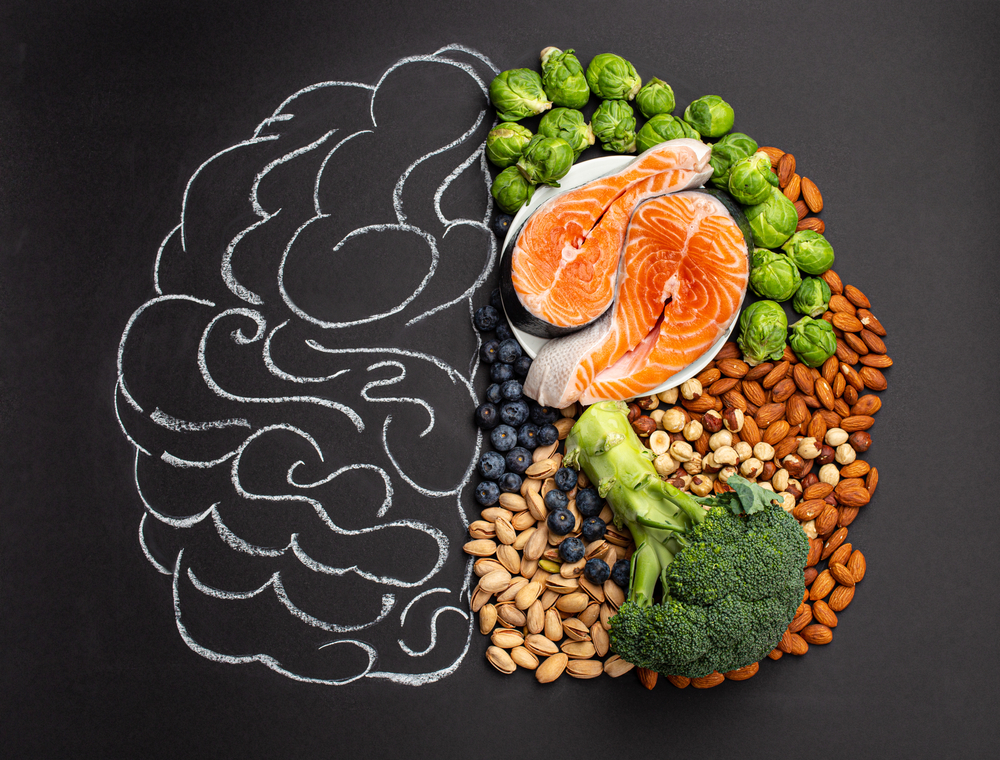Food and Mental Health. Is there a Link?
Can food really affect my mental health?
Many people seek to take control of their mental health using self-help and find approaches they can use alongside, or even instead of, prescribed medication. For example, one self-help strategy is to change what we eat. As a result, there is a growing interest in how food and nutrition can affect emotional and mental health.
Scientific evidence to back this up is developing. Still, there are many challenges for scientists to overcome. In the meantime, some medical practitioners remain unconvinced of the link between food and mood. Nevertheless, positive responses from individuals who have changed their diet confirm the importance of food and nutrition for maintaining or improving their emotional and mental health.
How does food affect mood?
There are many explanations for the cause-and-effect relationship between food and mood. The following are some examples:
- Fluctuations in blood sugar levels are associated with changes in mood and energy and are affected by what we eat.
- Brain chemicals (neurotransmitters, such as serotonin, dopamine and acetylcholine) influence how we think, feel and behave.
- There can be abnormal reactions to artificial chemicals in foods, such as artificial colourings and flavourings.
- Some reactions can be due to the deficiency of an enzyme needed to digest food. For example, we require lactase to digest lactose (milk sugar). Without it, a milk intolerance can build up.
- People can become hypersensitive to foods; this can cause delayed or hidden food allergies or sensitivities.
- Low levels of vitamins, minerals and essential fatty acids can affect mental health, with some symptoms associated with particular nutritional deficiencies. For example, links have been demonstrated between low levels of certain B-vitamins and symptoms of schizophrenia, low levels of the mineral zinc and eating disorders, and low levels of omega-3 oils and depression.
